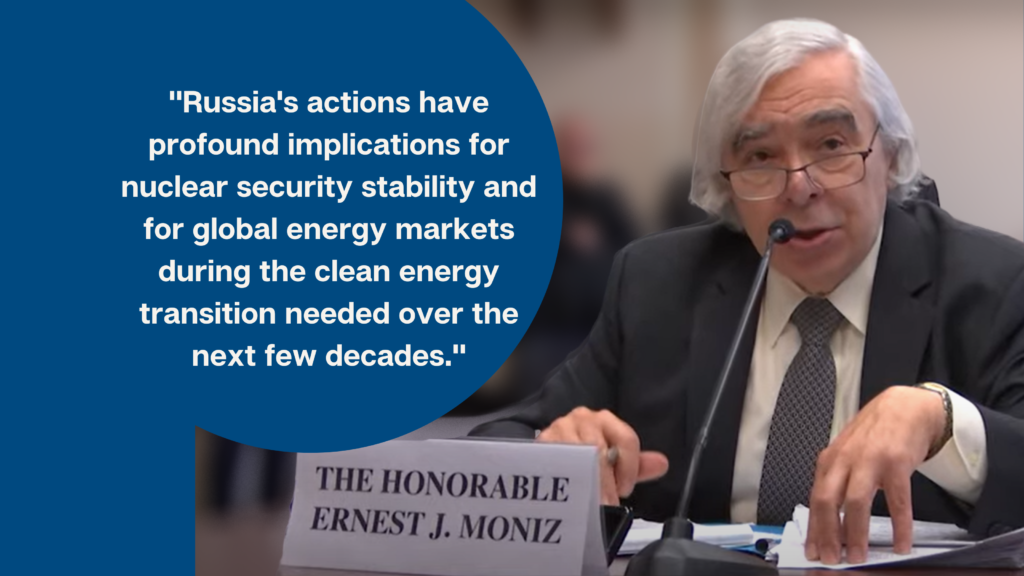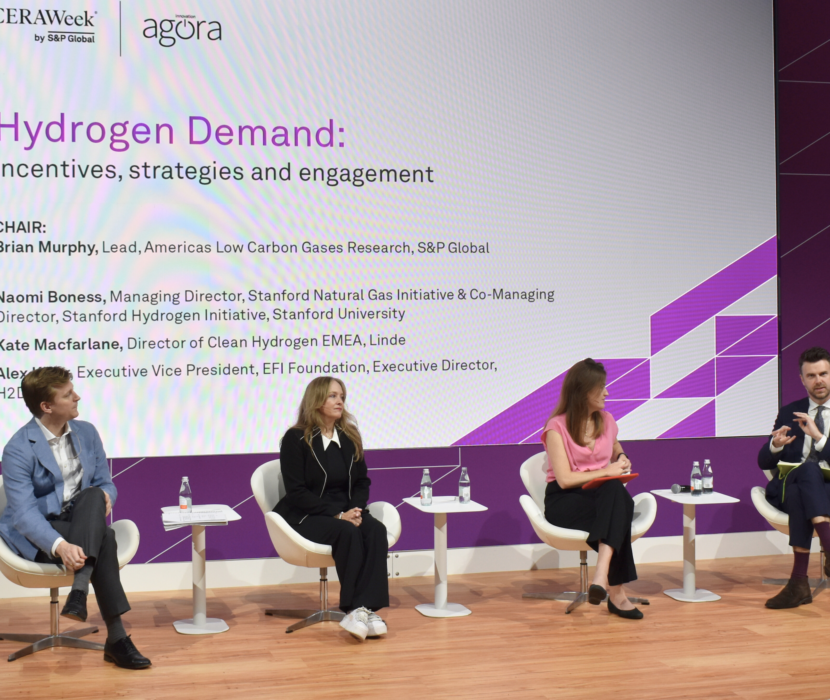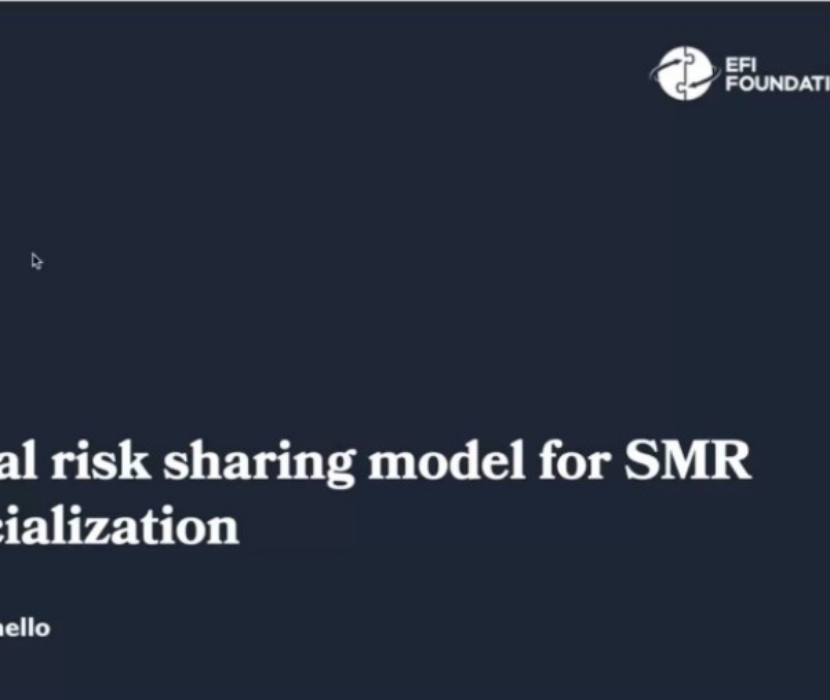
On November 16, Energy Futures Initiative (EFI) CEO Ernest Moniz appeared as a witness before the House Foreign Affairs Subcommittee on Europe, Energy, the Environment, and Cyber for a hearing titled, “Russia’s Waning Global Influence.” During his testimony, Moniz highlighted global energy security and other issues inflated by Russia’s war on Ukraine.
“Russia’s actions have profound implications for nuclear security stability and for global energy markets during the clean energy transition needed over the next few decades,” Moniz said. He remarked that energy security has grown to a new level of concern.
Moniz raised the history of the Group of Seven’s (G7’s) energy security principles to show how the definition of energy security has expanded from its original focus on oil supply disruptions. Russia’s invasion of Ukraine and illegal annexation of Crimea in 2014 caused the G7 and the European Union to modernize their energy security principles. Moniz noted two major developments from this meeting: “the consensus that energy security is a collective responsibility and the acknowledgment that the low-carbon energy transition, motivated by climate change, is a pillar of energy security,” Moniz said. Moniz referenced this meeting to recognize the important development that climate change, energy security, and geopolitics became “wrapped up” into one conversation.
After recalling the early effects of the Russia-Ukraine conflict on energy security, Moniz turned to the present realities of energy supply and demand. Moniz said that, for the first time, the United States exports more liquefied natural gas (LNG) to Europe (more than 10 billion cubic feet per day) than Russia’s pipeline exports. He called U.S. production and LNG exports “a key piece of the puzzle” for the collective responsibility of energy security, as well as the low-carbon energy transition.
Moniz reiterated that the end state of the energy transition is often of too much focus, whereas the transition period is not, citing the world’s strong reliance on fossil fuels like oil and gas. “We are not going to make it to our low-carbon goals without strong natural gas engagement,” he said.
Other energy concerns that Moniz underscored during his testimony centered on oil and oil product markets. He stressed that the volatility of oil prices—brought by uncertainties on the supply and demand side—is a front-and-center issue that impacts Americans and other consumers.
“We will need to be skillful and responsive, together with allies and friends, to dodge continuing negative consumer impacts,” Moniz said.
Turning to nuclear power—a source of carbon-free, firm power—Moniz said that Russia has a significant global footprint. He noted that Russia has been reckless with the handling of Ukraine’s Zaporizhzhia facility (the largest nuclear plant in Europe) and Chernobyl nuclear plant. Russia’s credibility as a supplier of uranium, enrichment, fuel, and reactors has been harmed as a result, Moniz explained. He predicted that this diminished status will only persist, especially if the United States and its allies step up to the challenge of nuclear power.
“Congress and the [Biden] administration have taken positive steps with regard to both existing plants and new technologies, but much more needs to be done if we are to restore our profile in the nuclear supply chain and simultaneously address our national security needs,” Moniz said.
Given the global interest in nuclear power as a zero-carbon energy source, Moniz stressed the need for the United States to develop the supply chain for fuel and other elements necessary for nuclear capabilities. He also noted that the United States needs demand from other countries to develop our nuclear industry because it will require building a factory, having a dedicated workforce, and other investment costs.
“We need to take a holistic view of all of these needs if we are going to reinsert our leading profile in the nuclear arena,” Moniz said. EFI’s first report, The U.S. Nuclear Energy Enterprise, reiterates many of the themes about nuclear power Moniz addressed in his testimony.
During the testimony, Moniz also delved into the security implications of Russia’s invasion of Ukraine and its threats to utilize nuclear weapons against the non-nuclear weapons state. In his closing remarks, he reiterated the need to revisit many geostrategic considerations as a result of the conflict.
— Sonia Velazquez (Events Coordinator) and Jaycee Scanlon (Communications Fellow)
(Share this post with others.)




